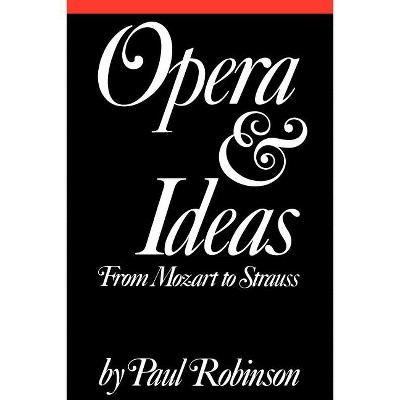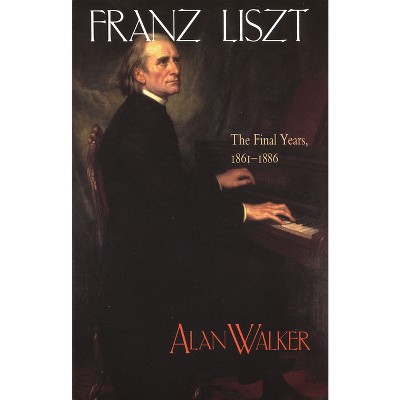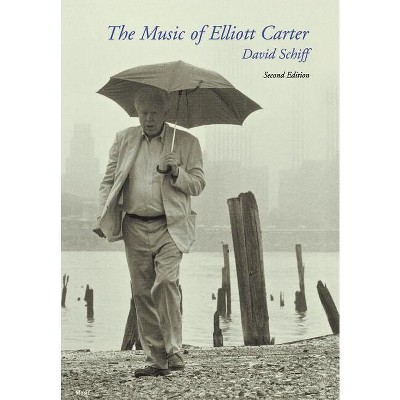About this item
Highlights
- In his new concluding chapter, Peter Kivy advances his argument on behalf of a distinctive intellectual and musical character of opera before Mozart.
- About the Author: Peter Kivy is Professor of Philosophy at Rutgers University and the author of Music Alone; Authenticities; and Sound and Semblance, all from Cornell.
- 336 Pages
- Music, Genres & Styles
Description
About the Book
In his new concluding chapter, Peter Kivy advances his argument on behalf of a distinctive intellectual and musical character of opera before Mozart. He proposes that happy endings were a musical--as opposed to a dramatic--necessity for opera during...
Book Synopsis
In his new concluding chapter, Peter Kivy advances his argument on behalf of a distinctive intellectual and musical character of opera before Mozart. He proposes that happy endings were a musical--as opposed to a dramatic--necessity for opera during this period and that Mozart's Idomeneo is properly enjoyed and judged only when listeners are attuned to its seventeenth and eighteenth-century forebears.
Review Quotes
Kivy is simply the best philosopher writing about music today.... Here he studies the special problem of opera, how it became both a dramatic and a musical art, and what its underlying aesthetic principles are. He traces opera's philosophical foundations from the imitation theories of Plato and Aristotle, to the representation theory of the Italian Camerata, the mechanistic psychology of Descartes, the doctrine of affektenlehre, and the associationist psychology of the British Enlightenment.... Kivy's writing is honest, insightful, careful, and witty.... There is meat here for philosophers, musicians, music theorists, historians, and social critics.
-- "Choice"Kivy provides close philosophical analysis of texts that underpin the origins of Western European opera and... relates seventeenth and eighteenth-century operatic practice to the philosophical and psychological theories of the times.... In a long and generally excellent discussion Kivy takes as his target those writers... who attempt to deduce a composer's psycho-biography from other librettos he chooses to set.... Kivy's book has a certain acumen and charm.
-- "Times Literary Supplement"About the Author
Peter Kivy is Professor of Philosophy at Rutgers University and the author of Music Alone; Authenticities; and Sound and Semblance, all from Cornell.












